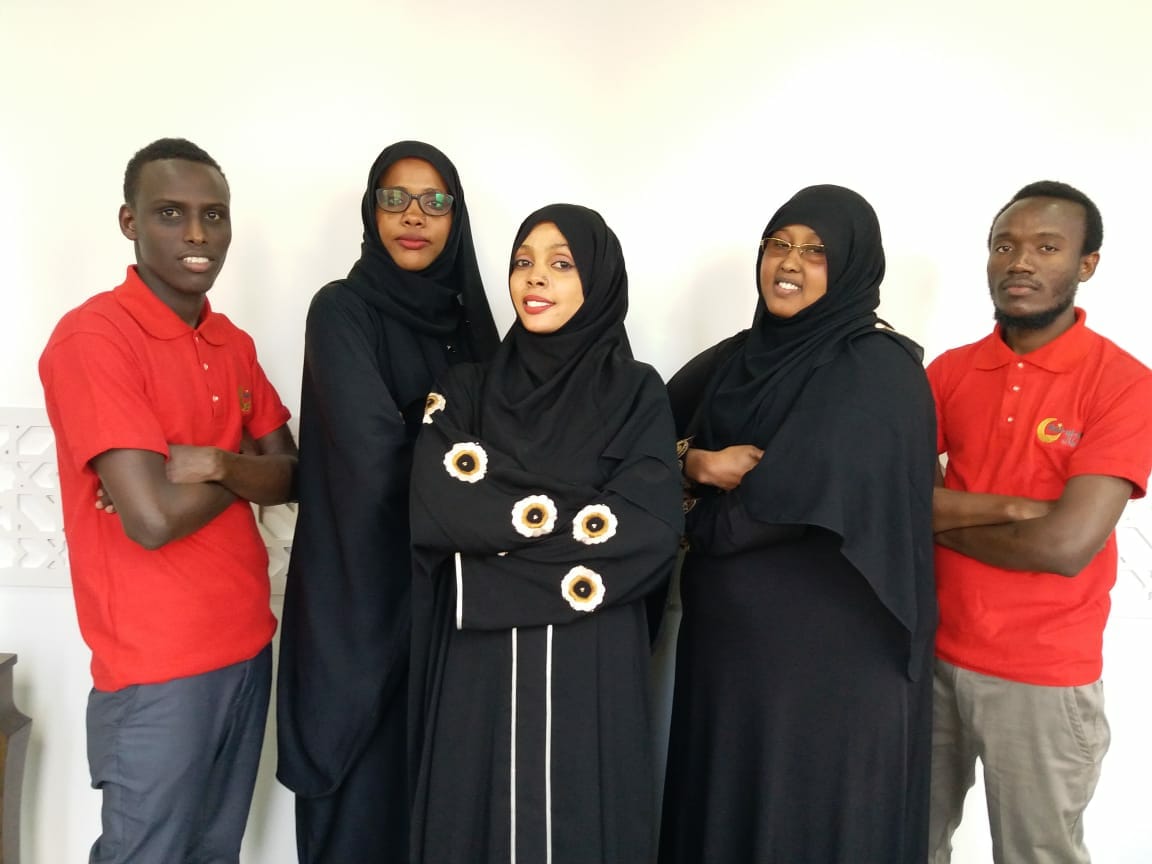
NAIROBI, KENYA: The most glaring of all Islamic prohibitions is the ban on rib’a,-rib’a- is commonly translated as interest rate or excess.
The prohibition of rib’a is the cornerstone of Islamic finances and trade. Rib’a symbolises both the earning of money on money via a predetermined rate on a loan and a social injustice codified in two simple verses of the Qur’an with a dire threat “O you who have believed, fear Allah and give up what remains [due to you] of interest, if you should be believers. And if you do not, then be informed of a war [against you] from Allah and His Messenger. But if you repent, you may have your principal - [thus] you do no wrong, nor are you wronged.”